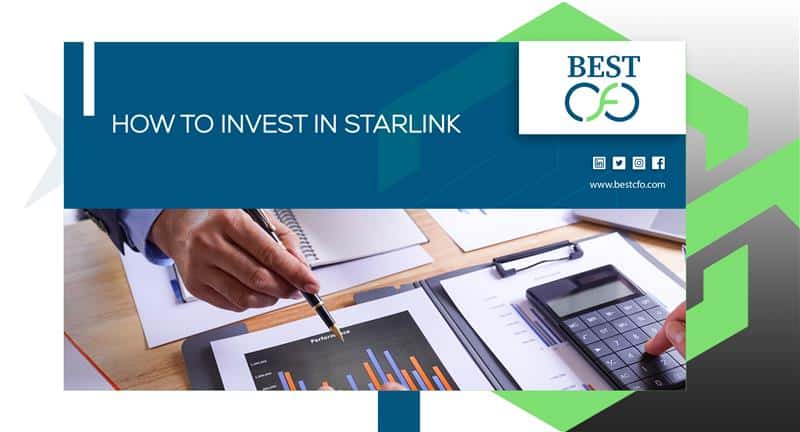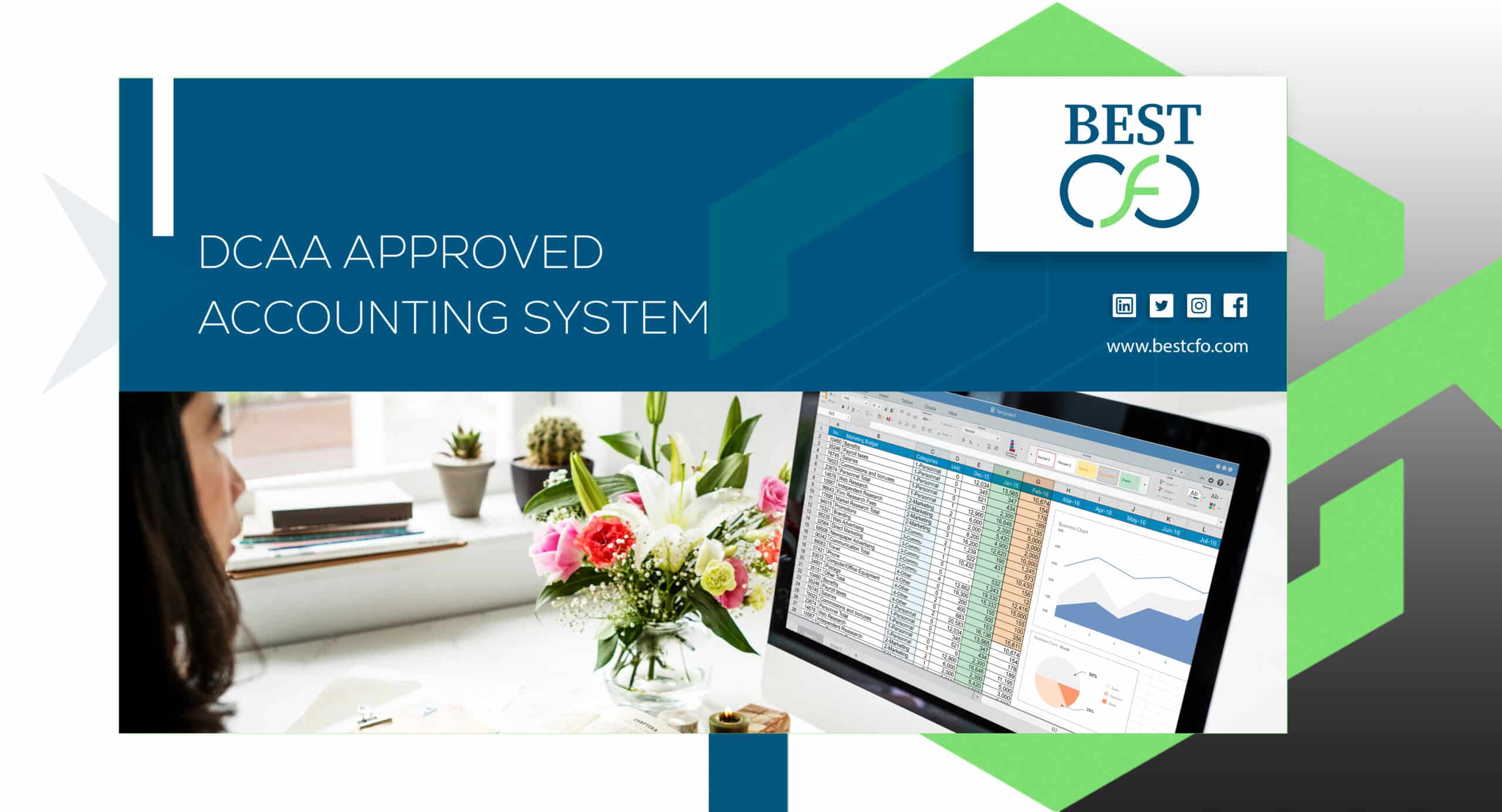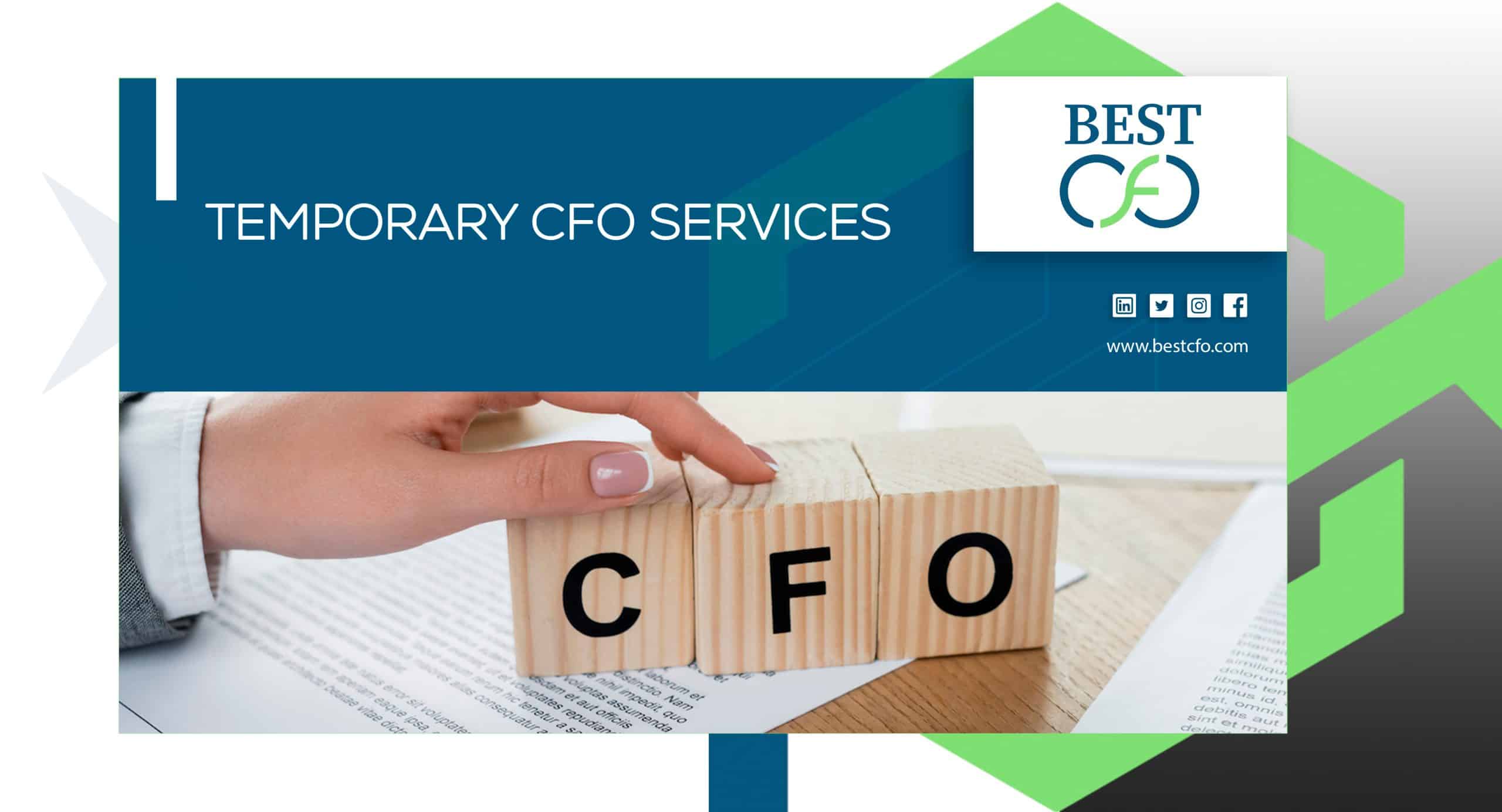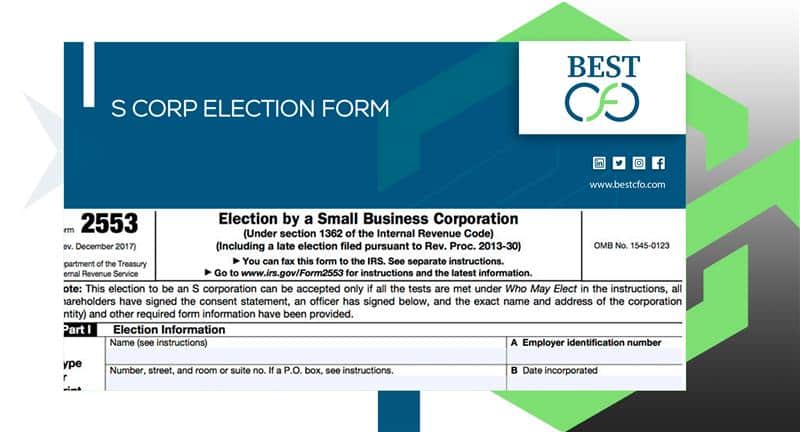
|
Getting your Trinity Audio player ready...
|
The Essential Guide to Accounting For Startups: Software & Bookkeeping Tips
Maintaining exact records of financial transactions and examining finances to find development and improvement prospects depends on efficient accounting for startups.
New startups should build an effective accounting base to get organized, receive financing, manage expenses, and find prospective opportunities and risks. Whether you choose to utilize accounting software or hire a professional accountant to ensure the financial health and survival of your business, knowing the concepts of startup accounting is vital.
If you’re a startup planning to hire an accountant for small businesses, stay tuned at the end of this article to get our case studies to know about the benefits and drawbacks that come with it. Before anything further, let’s explore why accounting is important for a startup.
Importance Of Accounting For Business Startups
Operating a company centers on its bottom line. Your business’s success hinges on excellent budget management, keeping the books balanced, and altering financial plans as required. Good accounting techniques and prudent financial management reward business owners and stakeholders.
Here are some of the key benefits of accounting services for startups:
- An accounting procedure helps company owners to know where it stands and how it performs financially.
- It lets firms comprehend their financial data, historical behavior, and where they now stand to prepare for the future.
- Accounting assists beginning firms in keeping track of their debts from suppliers and lenders for products/services acquired and receivables from customers for services given or items sold.
- Small-business and startup owners utilize financial accounting to transmit information externally to external stakeholders that use a company’s financial information, such as banks, the IRS, suppliers, creditors, possible investors, and leasing firms.
- Accounting is often utilized to convey firm strengths and flaws with personnel.
- Small company owners may utilize financial accounting information to research competition and evaluate investment prospects.
Financial Records Startup Should Have Before Hiring Accountant
As a startup founder, you should track these financial records:
- Bank and credit card statements: Reconcile these statements frequently to spot any inaccuracies or anomalies.
- Income and expenses: Track all the money coming in (e.g., sales, investments) and all the money going out (e.g., rent, wages, supplies).
- Invoices and receipts: Keep a record of all the invoices you send out and all the receipts you get.
- Payroll records: If you have workers, maintain track of their salary, taxes, and any other benefits you give.
- Assets and liabilities: Keep a list of everything your startup possesses (assets) and everything it owes (liabilities). This will offer you a picture of your total financial status.
Why Do Startups Need Accountants?
An accountant may provide startups with considerable advantages. Although some founders may manage basic accounting responsibilities initially, professional accountants add a high degree of experience and efficiency, mainly as the business grows. Here are some reasons why startups could find accountants beneficial.
Accountant Financial Expertise
Accountants possess an in-depth understanding of financial management, tax rules, and compliance requirements. Their expertise goes well beyond basic accounting, allowing them to provide valuable insights and advice services that help efficient financial decision-making.
Accountants are Time Savers
Managing a firm demands considerable time and energy, which may often tire entrepreneurs. By outsourcing accounting chores, company owners may concentrate their efforts on key business activities like product development, marketing, and customer interaction. This strategic accounting method allows them to focus on expanding their organization while assuring that financial tasks are managed by professionals.
Accuracy and Compliance
Accountants ensure that financial records are accurate and comply with all relevant laws and regulations. This reduces the risk of errors that could lead to financial penalties or legal issues.
Tax Optimization
Accountants are well-versed in tax laws and can identify opportunities for tax savings. They can also ensure that businesses meet all tax obligations promptly, avoiding penalties for late or incorrect filings.
Financial Planning and Strategy
Accountants can assist with financial planning, budgeting, and forecasting. They help startups set realistic financial goals and develop strategies to achieve them.
Investor Relations
Accurate and professionally prepared financial statements help attract and retain investors. Accountants can prepare the necessary documents and reports to demonstrate a startup’s economic health and growth potential.
Internal Controls and Fraud Prevention
Accountants can establish internal controls that protect the startup’s assets and reduce the risk of fraud. This is particularly important as the business scales and financial transactions become more complex.
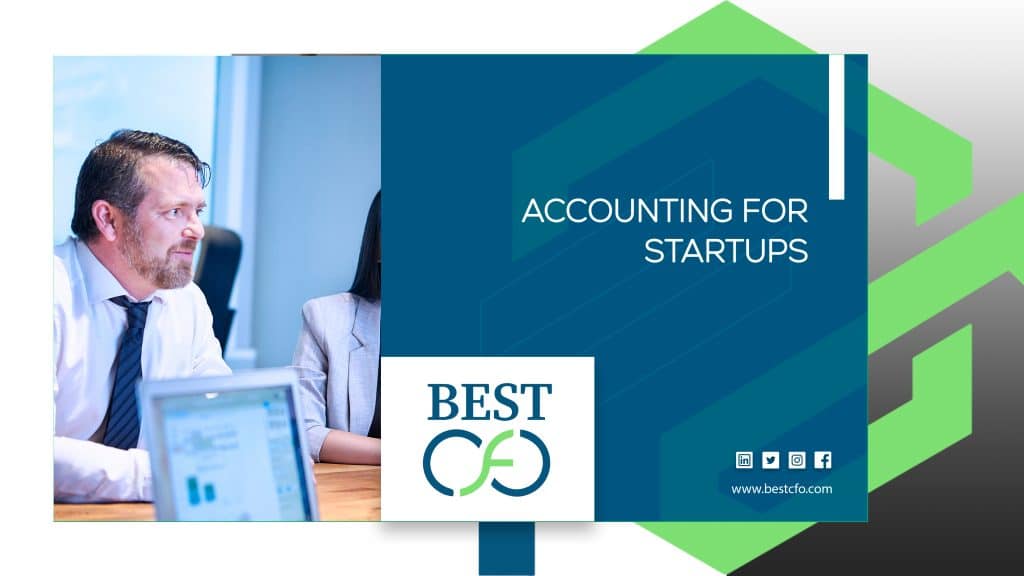
Scalability
As a startup grows, its financial operations become more complex. Accountants can help manage this growth by setting up scalable accounting systems and processes that adapt to the business’s changing needs.
Business Valuation and Exit Strategy
For startups considering selling, merging, or going public, accountants provide valuable services in business valuation and preparing for due diligence processes.
Accounting Costs For Startups
Accounting costs for startups vary widely depending on several factors, including the size and complexity of the business, the chosen accounting method (DIY, outsourcing, or hiring an in-house accountant), the stage of the company, and the specific accounting needs.
If you have a small company with uncomplicated finances, try conducting your own bookkeeping initially since this is often the most cost-effective alternative. Many free online classes and tools may help you master accounting essentials, and investing in excellent accounting software can automate duties and save you money on accounting and bookkeeping services in the long term. If you do wish to deal with specialists, bargain with accountants and bookkeepers to receive the best available pricing.
Here’s a breakdown of expected costs depending on your accounting approach.
DIY Accounting
- Accounting software: Accounting apps are generally the highest expenditure for companies that perform their own accounting. Prices may vary from free (for basic accounting features) to several hundred dollars monthly for more extensive services.
- Training and resources: To understand accounting essentials, you may need to invest in online courses, books, or webinars. The prices of various resources vary based on the ones you pick.
Accounting Outsourcing
- Book-keeping services: These services normally vary from $100 – $500 per month, depending on the amount of transactions and the complexity of your books.
- Accounting services: For more complicated activities such as financial statement creation, tax filings, and advising services, anticipate spending anywhere from $500 to several thousand dollars each month.
- Virtual CFO services: A virtual CFO might cost $1,000 to $5,000 per month for strategic financial assistance and high-level decision-making help.
In-House CPA
- Salary: Salaries vary based on experience, geography, and the size of the organization.
- Advantages: You’ll also need to figure in the expense of perks like health insurance, retirement contributions, and paid time off.
- Overhead costs: Additional expenditures could include office space, equipment, and software.
Additional Costs
- Tax preparation: If you’re not comfortable filing your own taxes, you’ll need to engage a tax expert. Costs vary based on the intricacy of your tax situation.
- Audit costs: If your business gets to a particular size or obtains investment, you can be compelled to undergo an audit, which comes with related expenses.
- Consulting fees: If you require expert financial assistance, you may need to employ a consultant for specific tasks.
Case-Studies For Startups Business Accounting Services
At BestCFO, we are all-rounders in managing your business and assisting you with the success of your startup. Here are some case studies from our clients:
Jonathon T
Meet Jonathon T., an entrepreneur from New York, United States of America. At first, she was a bit scared of hiring a professional for her e-commerce business. She was worried, especially about the rates she had to pay an accounts specialist to manage her business finances. On the other hand, she was doubtful about handling her company’s personal documents with us.
However, after many meetings with our experts and getting an unmatched basic financial service rate, she was convinced and happy to partner with our expert CFO. Here is what she said in her review of our services:
“Dealing with all those complicated tax rules was a nightmare for our growing e-commerce business. We were struggling to keep our financial records accurate. BestCFO set up a streamlined system for our financial reporting. Thanks to them, we were able to stay compliant with the tax laws and improve our financial performance. Tax season is no longer the stressful time it used to be!”
David Peterson
Unlike Jonathon, David was experienced in outsourcing financial services. This time, he was searching for a firm that could provide him with a solid accounting foundation and expert who could handle comprehensive accounting operations.
Hence, he reached out to us and hired us to avail of our startup accounting and bookkeeping services for his estate business startup. Here is what he said about us:
“Our real estate projects were facing delays and going over budget because we didn’t have a good financial plan or enough funding. BestCFO took a close look at our project budgets and funding strategies and came up with a complete financial planning system. They helped us get the funding we needed and keep our projects on schedule, which led to successful projects and better profits. Really appreciate their efforts and expert insights.”
Conclusion
Practical accounting for startups is vital for the success and development of companies. Whether via DIY accounting using software or by paying specialists, having accurate financial records and knowing important financial concepts are vital for making educated company choices. Startups benefit from accounting by enhancing their economic management, guaranteeing tax compliance, and giving valuable insights into growth potential and hazards. While some small firms may initially manage accounting internally, as the company expands, professional accountants add experience, save time, and assist in improving financial plans.
Choosing the best accounting approach, whether outsourcing or employing in-house, relies on a startup’s individual demands and budget. Ultimately, solid accounting processes help startups expand effectively, attract investors, and manage the complexity of the business environment with confidence.
-
Previous Post
Advisory Shares Meaning: A Complete Guide for Startups
Post a comment Cancel reply
Related Posts
Gross Margin vs Gross Profit: Profit Margin & How to Calculate
Gross Margin vs Gross Profit: Profit Margin & How to Calculate When running a business…
How to Invest in Starlink: Is it Worth it?
What is the $1,000-a-month rule for retirement? For all citizens of U.S. who are nearing…
Expensing Capital Expenditures
Expensing Capital Expenditures: Understanding Deduction and Expensing Capital expenditures illustrate the investments that are made…
DCAA-approved accounting system: Everything you need to know
DCAA-approved accounting system: Everything you need to know When your business firm is shortlisted for…
 Demos
Demos  Colors
Colors  Docs
Docs  Support
Support 




